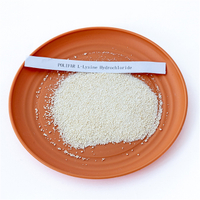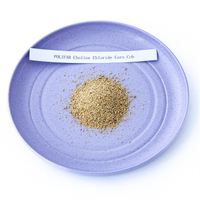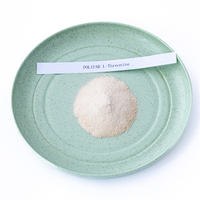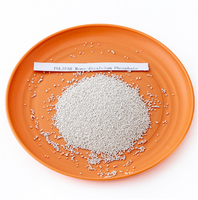Sodium bicarbonate is commonly used as a feed additive for ruminant animals, such as cattle and sheep. Its primary role is to act as a rumen buffer, helping to stabilize the pH level in the rumen. Ruminant animals have a complex digestive system that relies on the activity of microorganisms in the rumen to break down fibrous feed materials. These microorganisms produce acidic by-products during digestion, which can lower the pH of the rumen and lead to conditions such as acidosis.
By adding sodium bicarbonate to the feed, the alkaline nature of the compound helps to neutralize excess acid in the rumen, maintaining a more stable pH level. This can help to prevent acidosis and its associated negative effects on digestion and overall animal health. Therefore, sodium bicarbonate serves as a valuable tool in supporting proper digestive function and overall well-being in ruminant animals when used as a feed additive.
In the feeding process of piglets, adding 0.5% baking soda to the diet of piglets can increase the feed intake of piglets, and can increase the weight gain by 10% than usual.
Adding 2% baking soda to the diet of postpartum suckling sows can enhance the sow's physique, strengthen the prevention of piglet yellow and white dysentery, and increase the survival rate of piglets by 5%.
Promote the digestion and absorption of nutrients in time, so as to improve the PH value of the feed and maintain it above 6 to facilitate the growth of fiber bacteria and improve metabolism.
PH value occurs and by changing the ratio of acetic acid to propionic acid in rumen volatile fatty acids, it is easy to produce and promote starch digestion. And promote PH value and buffer capacity through the intestine to adjust and enhance the body's immunity and anti-stress ability.
Sodium bicarbonate can facilitate the normal activity of the endocrine system, thereby enhancing the immunity of the animal body






